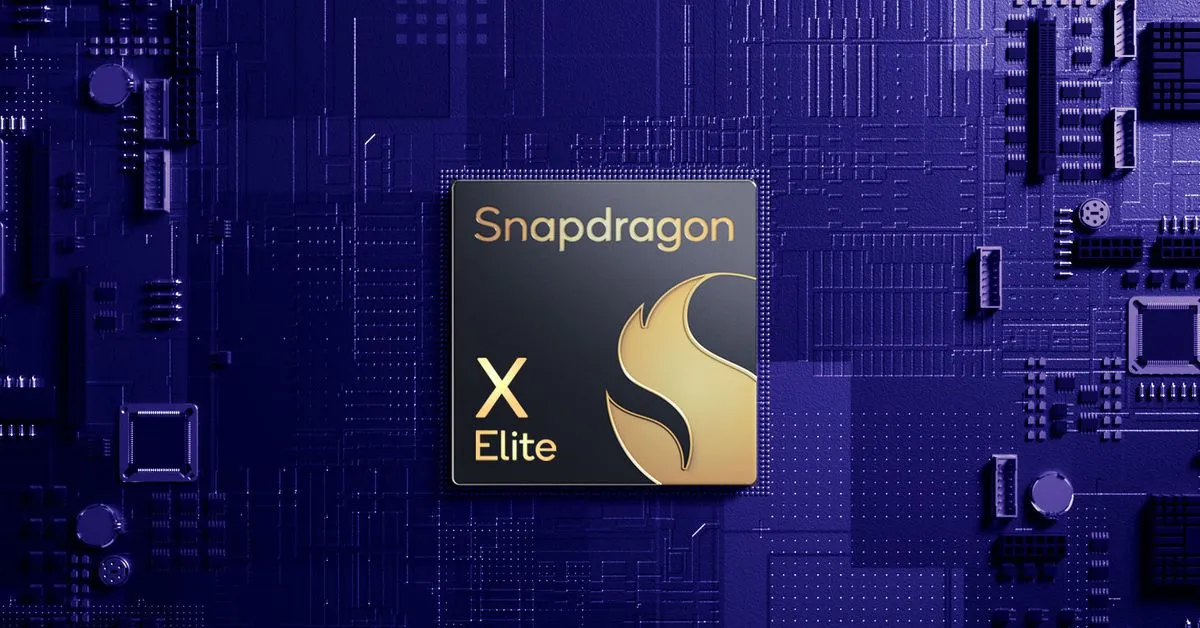- cross-posted to:
- pcgaming@lemmy.ca
- hardware@lemmy.ml
- cross-posted to:
- pcgaming@lemmy.ca
- hardware@lemmy.ml
How well will they run, though?
deleted by creator
If linux support ends up being reasonable for these I’ll seriously look into one for my next laptop. I’m always so envious of how my friends with apple silicon macs can just never really worry about battery life.
Lenovo already ships these https://www.lenovo.com/us/en/p/laptops/thinkpad/thinkpadx/thinkpad--x13s-(13-inch-snapdragon)/len101t0019
Lenovo claims 28 hours of video playback when running Windows. Bad part is that they don’t allow this configuration without an OS, and it’s quite expensive.
I don’t know much about them beyond knowing this. But this looks promising. Unfortunately, ARM laptops are usually quite locked down unlike x86.
edit https://wiki.gentoo.org/wiki/Lenovo_ThinkPad_X13s & https://fedoraproject.org/wiki/Thinkpad_X13s-- well, it might even work
deleted by creator
Honestly I don’t even care about x86 software support that much for a laptop. The only reason I would want it is games and I rarely use my laptop for that. If I really needed some x86 thing I could always connect to my desktop remotely
Is putting Linux on a macbook not an option?
deleted by creator
Yeah this is pretty much my thoughts exactly. I wish there was an ARM (or eventually maybe even RISC-V) Framework laptop, maybe someday
deleted by creator
I haven’t looked in a few months but it didn’t seem like the Asahi Linux project was necessarily ready to be a daily driver yet, but they’ve made a lot of progress in just a few years with a small team of volunteers and as far as I know no support from Apple. Seems like it’s only a matter of time before they really get it nailed down. For now you can run ARM versions of Linux in virtual machines on Apple silicon.
By saying most windows games he actually means minesweeper and solitaire but not pinball. Pinball has too many sweet fx.
My first flatpak was Space Cadet Pinball, I still play it when I’m bored
“Just work” and “be playable” are two vastly different things.
I’m assuming that it’ll still use an ordinary GPU such as Nvidia or AMD?
If they don’t, they need to do a much better job than Intel did at launch of their GPUs.
Maintaining at minimum full DX 8 and newer compatibility and all the esoteric fixes.
Plus Vulkan and full OpenGL support.
On top of all that, it’ll need a flawless x86_64 environment.
I went to OpenSauce and ARM had a booth showing a ARM-powered gaming PC. It had an Nvidia graphics card in it and was running a Unity demo.
As long as it supports PCI Express and the device manufacturers compile their drivers for ARM (which may require some changes depending on the details of the hardware integration), I don’t see any reason why an ARM gaming PC couldn’t use existing graphics cards.
That’s awesome, I’m looking forward to that. Are you aware if this is on AMD or Nvidia’s roadmap to support?
Nah, they wouldn’t tell me much. The guys running the booth were mostly salespeople anyway.
In the same way the Bethesda games ‘just works’ or the same way Microsoft patching ‘just works’







